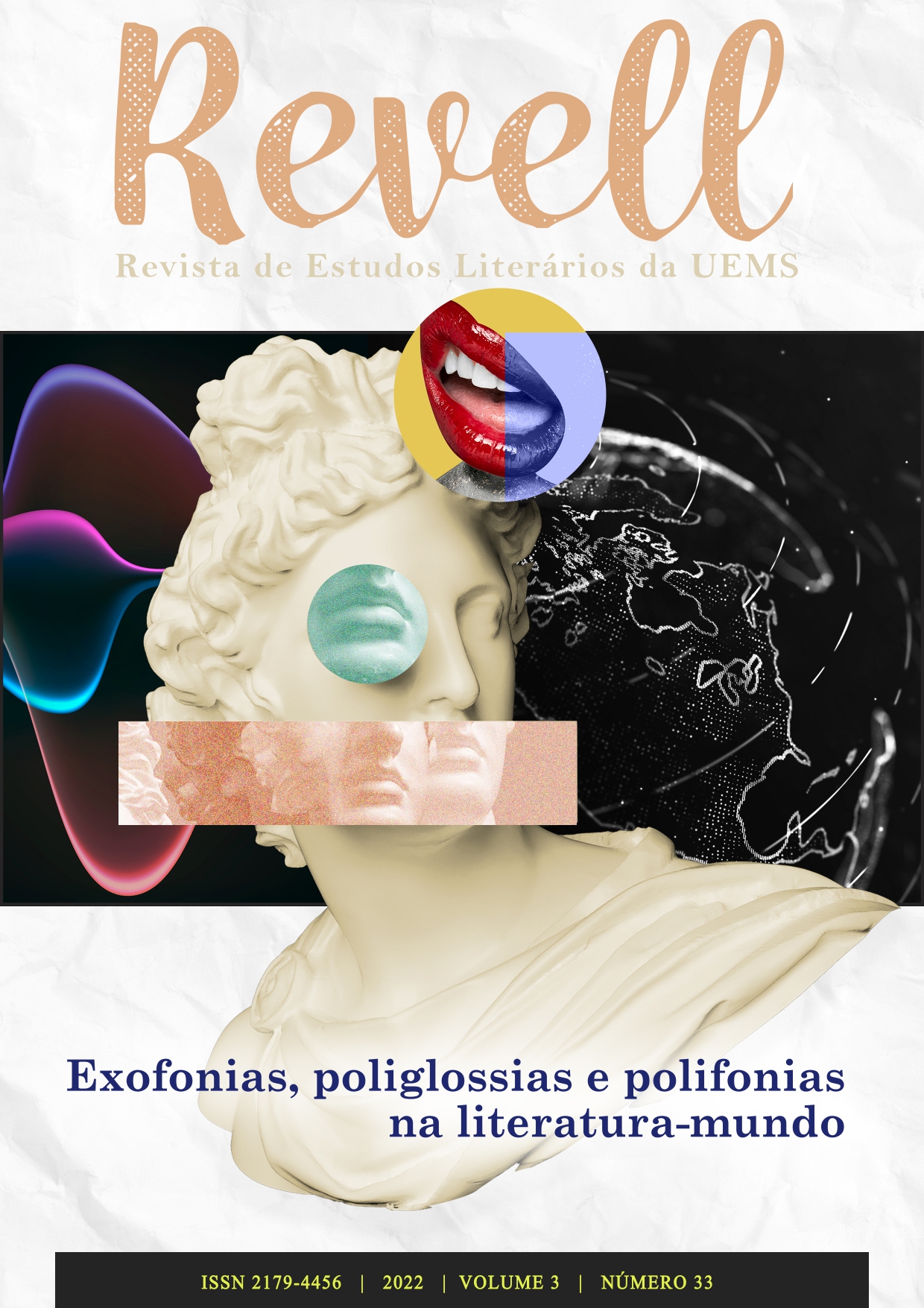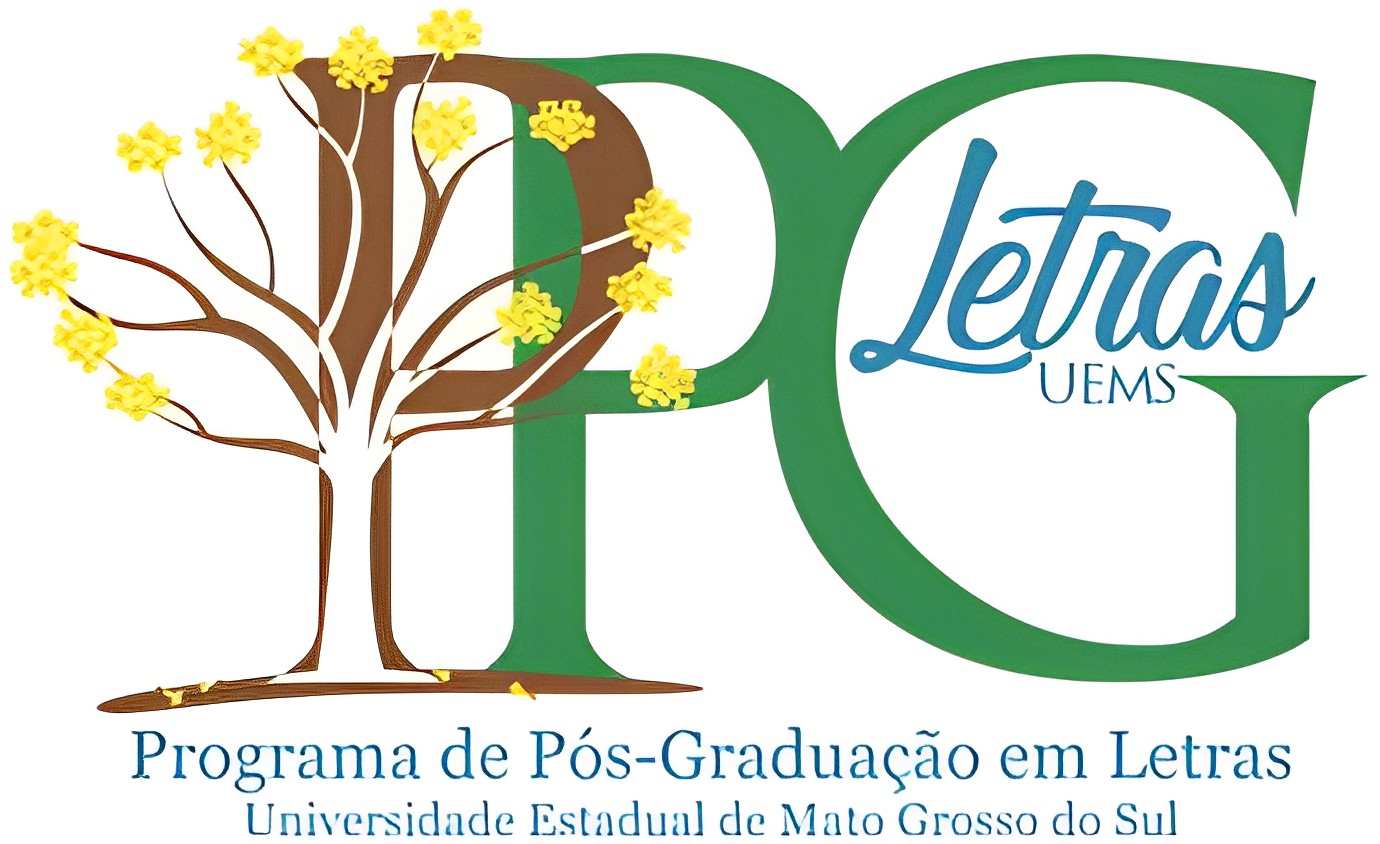Às margens do fantástico
a imaginação dissonante do romance pós-apocalíptico belga contemporâneo
DOI:
https://doi.org/10.61389/revell.v3i33.7412Palabras clave:
Literatura francófona, literatura belga contemporânea, romance fantástico, ecocrítica, polifoniaResumen
Jacqueline Harpman (1929-2012), Catherine Barreau (1965) e Antoine Wauters (1981) são três escritores com trajetórias, estilos e fortunas literárias bastante diferentes. Além de seu pertencimento à literatura belga de língua francesa, eles têm em comum o fato de terem se aventurado além das fronteiras do real, pelo menos uma vez em sua obra, sem a pretensão de serem escritores do estranho ou do fantástico. Moi qui n’ai pas connu les hommes (Jacqueline Harpman, 1995), L’Escalier (Catherine Barreau, 2016) e Moi, Marthe et les autres (Antoine Wauters, 2018) podem ser qualificados como romances pós-apocalípticos. Neste artigo, propõe-se analisar esses três romances com o objetivo de rastrear os traços de uma preocupação ambiental, que uma leitura de abordagem ecocrítica permite elucidar. Nos três textos estudados, observa-se o uso de uma linguagem outra, não no sentido primeiro do termo, mas no de uma polifonia entendida como o uso particular dado às diferentes vozes narrativas. De forma mais ampla, no artigo questiona-se sobre o lugar que a literatura pode ocupar em um mundo com um clima deletério e sobre o que podem nos oferecer os desvios e as liberdades tomados em relação à realidade, quando o horizonte dessa mesma realidade não oferece nada (mais) do que uma paisagem de devastação por vir e uma fuga para a frente.
Citas
AUGÉ, Marc. Non-lieux. Introduction à une anthropologie de la surmodernité. Paris: Seuil, 1992. (Col. La Librairie du XXIe siècle.)
BARREAU, Catherine. L’Escalier. Neufchâteau: Weyrich, 2016. (Col. Plumes du coq.)
BUEKENS, Sara. L’écopoétique: une nouvelle approche de la littérature française. Elfe XX-XXI, n. 8, 2019. Disponível em: http://journals.openedition.org/elfe/1299. Acesso em: 29 nov. 2022. DOI: https://doi.org/10.4000/elfe.1299
CARION, Jacques, DUHAMEL, Joseph. Ces genres qu’on dit mineurs. In: BERG, Christian, HALEN, Pierre. Littératures belges de langue française. Histoire & Perspectives (1830-2000). Bruxelles: Le Cri, 2000.
DUBOIS, Jacques. L’Institution de la littérature. Bruxelles: Les Impressions nouvelles, 2019. (Col. Espace Nord.)
ENGÉLIBERT, Jean Paul. Fabuler la fin du monde. La puissance critique des fictions d’apocalypse. Paris: La Découverte, 2019. (Col. L’horizon des possibles.) DOI: https://doi.org/10.3917/dec.engel.2019.01
HARPMAN, Jacqueline. Moi qui n’ai pas connu les hommes. Paris: Stock, 1995. (Col. Le Livre de Poche.)
JAQUIER, Claire. Écopoétique, un territoire critique. Fabula Atelier, 2015. Disponível em: https://www.fabula.org/atelier.php?Ecopoetique_un_territoire_critique#_ftnref5. Acesso em: 29 nov. 2022.
MEURÉE, Christophe. Stérilités. Du caractère interminable des apocalypses. In: NIKOU, Christos. L’Imaginaire post-apocalyptique dans la littérature et au cinéma. Saint-Martin-d'Hères: UGA Éditions, 2021. (Col. Ateliers de l’imaginaire.) DOI: https://doi.org/10.4000/books.ugaeditions.25273
QUIRINY, Bernard. Monsieur Spleen. Notes sur Henri de Régnier. Paris: Seuil, 2013.
ROSSET, Clément. L’Objet singulier. Paris: Les Éditions de Minuit, 1985. (Col. Critique, 1979.)
SCHOENTJES, Pierre. Ce qui a lieu. Essai d’écopoétique. Marseille: Wildproject, 2015. (Col. Tête nue.)
TODOROV, Tzvetan. Introduction à la littérature fantastique. Paris: Le Seuil, 1970. (Col. Essais.)
WAUTERS, Antoine. Moi, Marthe et les autres. Lagrasse: Verdier, 2018a.
WAUTERS, Antoine. C’est l’histoire d’un amour absolu. Interview. Le Réveil culturel. Radio France, Paris, 2018b. Disponível em: https://www.radiofrance.fr/franceculture/podcasts/le-reveil-culturel/antoine-wauters-c-est-l-histoire-d-un-amour-absolu-5042571. Acesso em: 29 nov. 2022.
Descargas
Publicado
Cómo citar
Número
Sección
Licencia
Derechos de autor 2023 REVELL - REVISTA DE ESTUDOS LITERÁRIOS DA UEMS

Esta obra está bajo una licencia internacional Creative Commons Atribución 4.0.
DECLARAÇÃO DE ORIGINALIDADE E EXCLUSIVIDADE E CESSÃO DE DIREITOS AUTORAIS
Declaro que o presente artigo é original e não foi submetido à publicação em qualquer outro periódico nacional ou internacional, quer seja em parte ou na íntegra. Declaro, ainda, que após publicado pela REVELL, ele jamais será submetido a outro periódico. Também tenho ciência que a submissão dos originais à REVELL - Revista de Estudos Literários da UEMS implica transferência dos direitos autorais da publicação digital. A não observância desse compromisso submeterá o infrator a sanções e penas previstas na Lei de Proteção de Direitos Autorais (nº 9610, de 19/02/98).
















